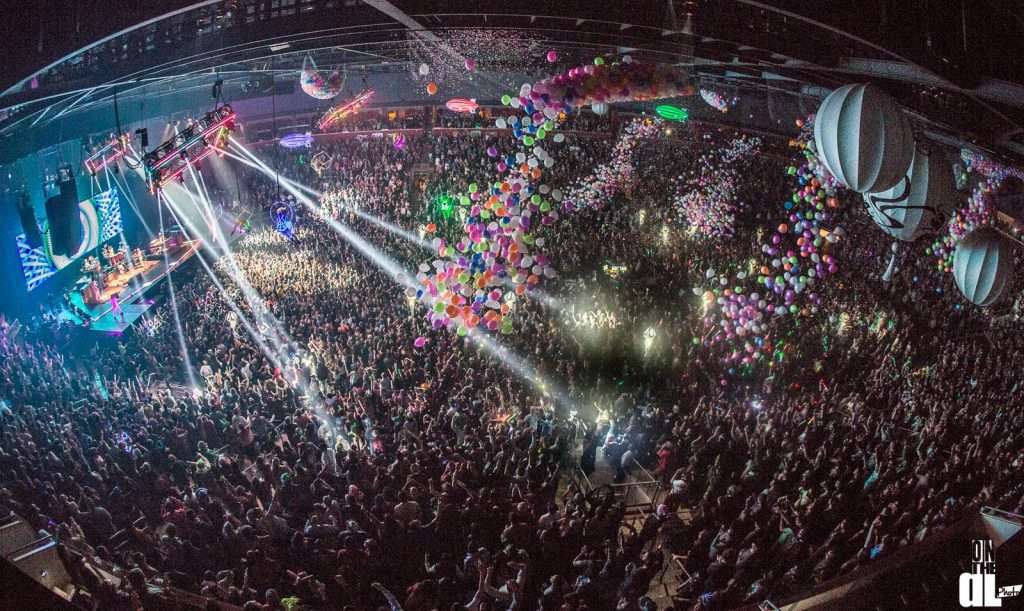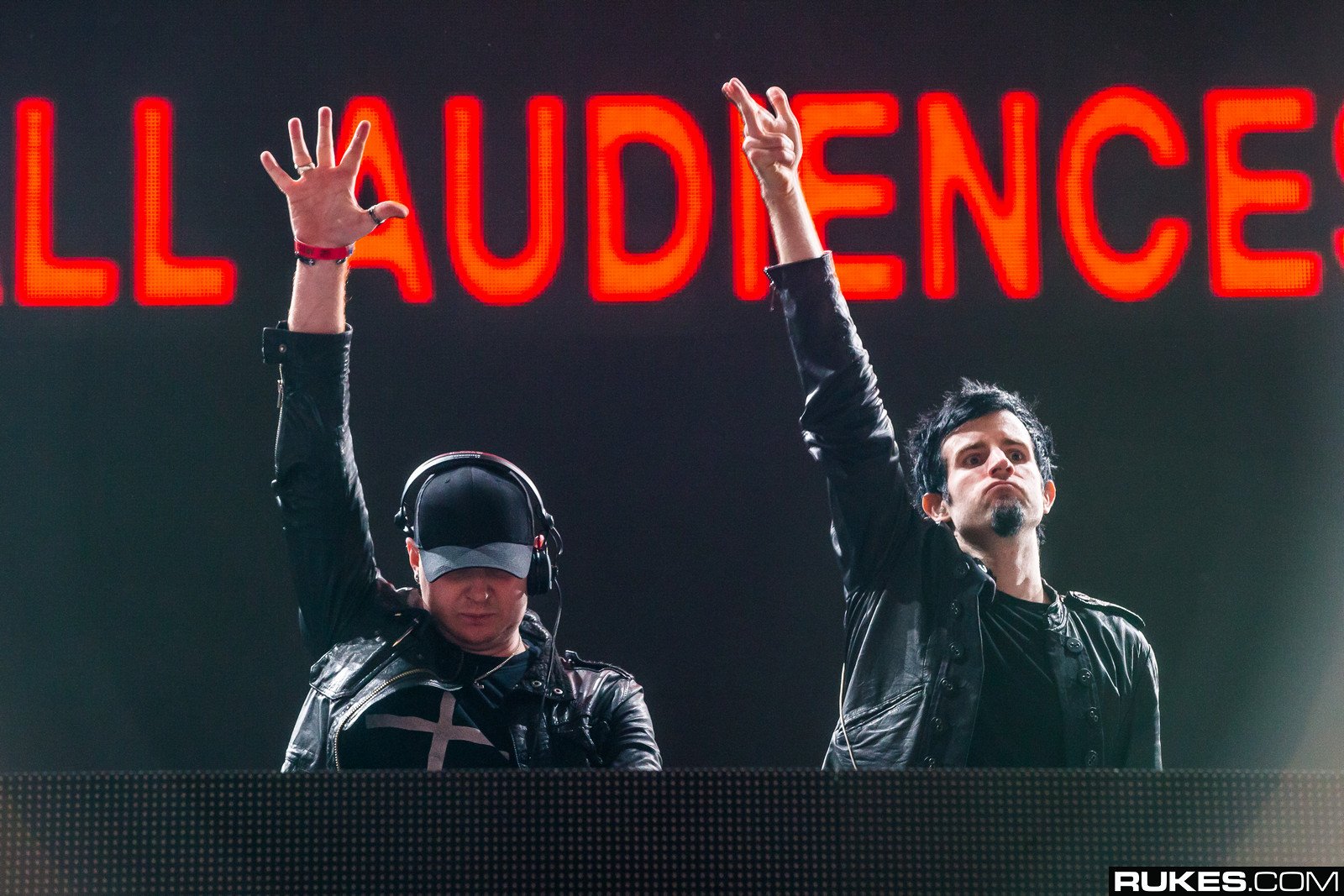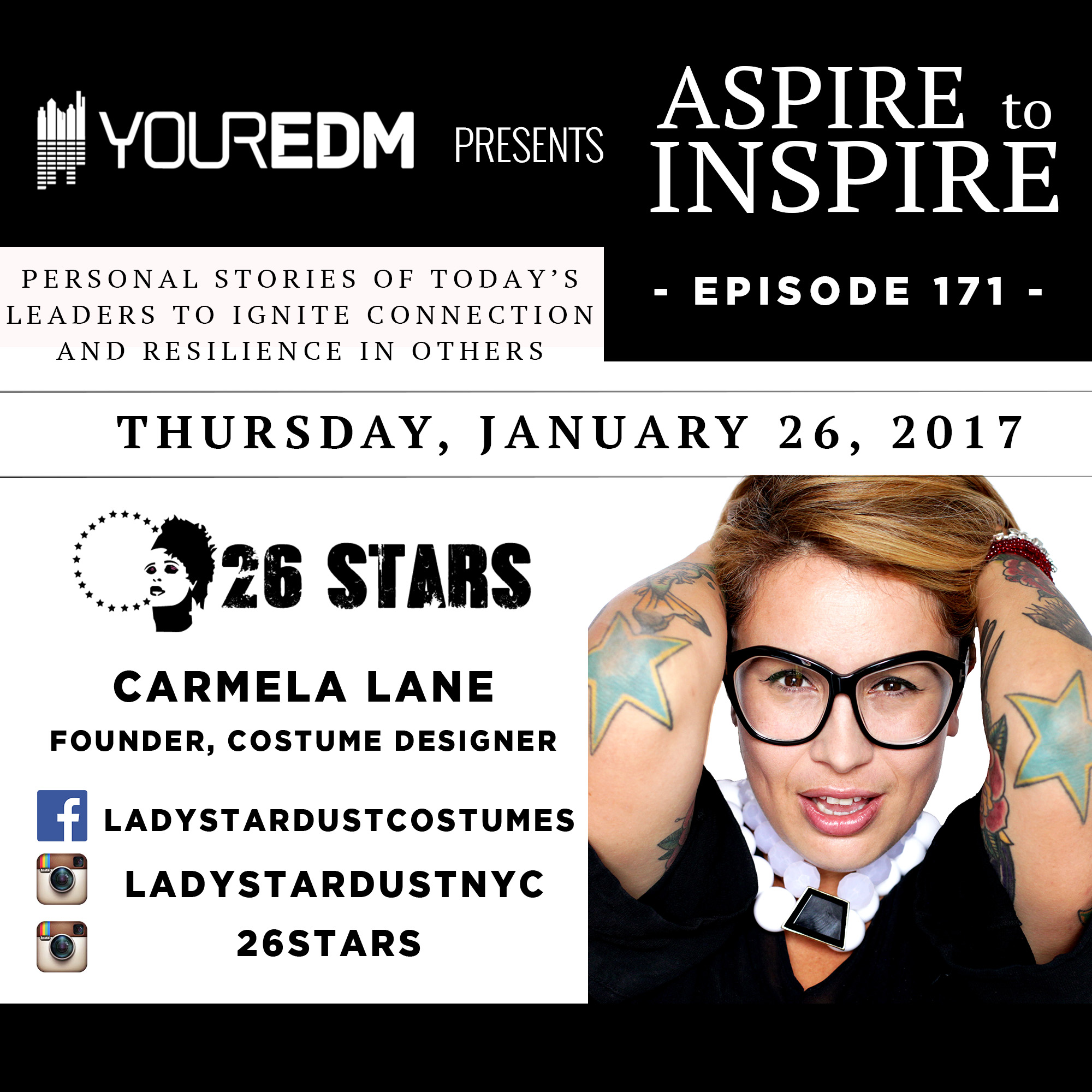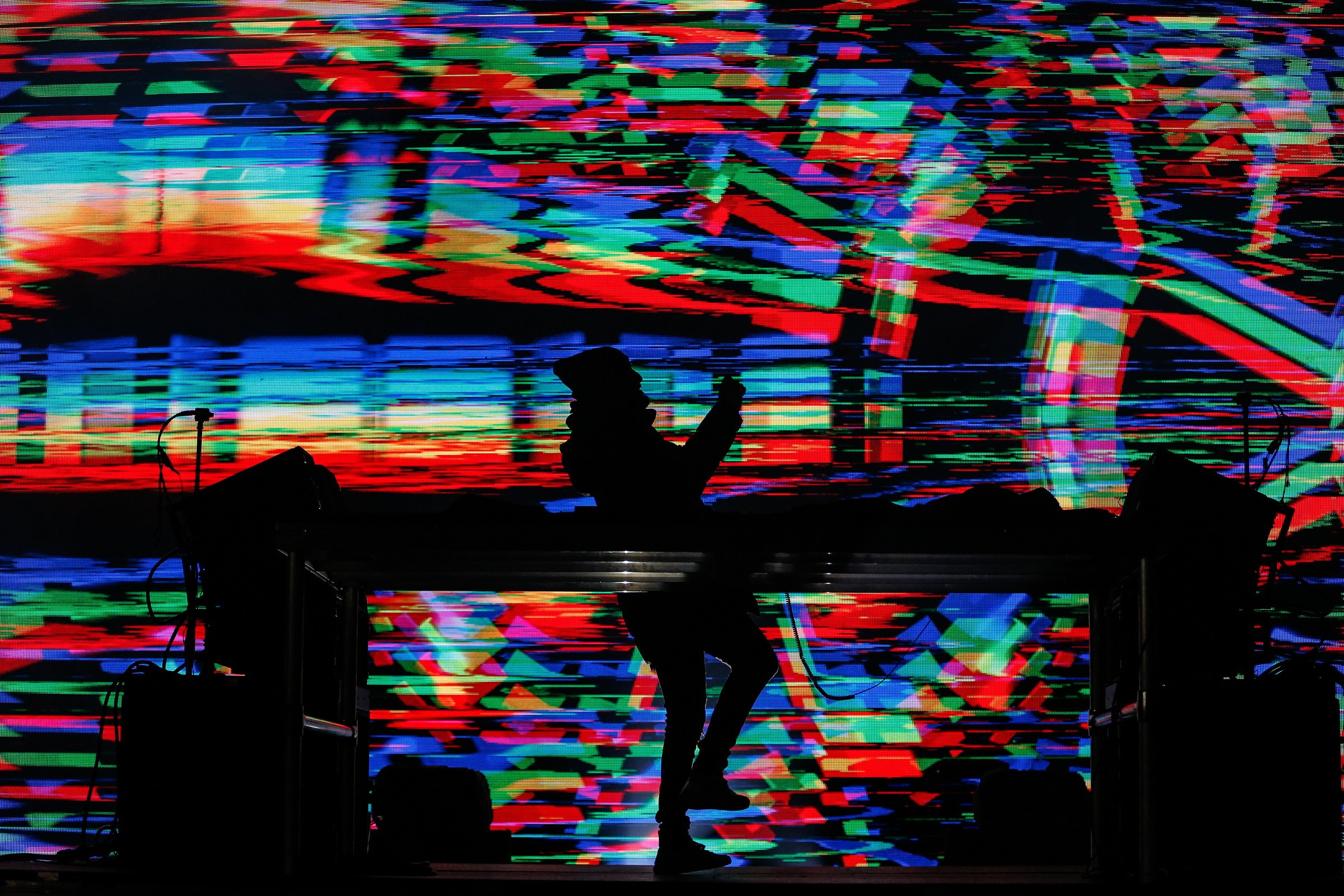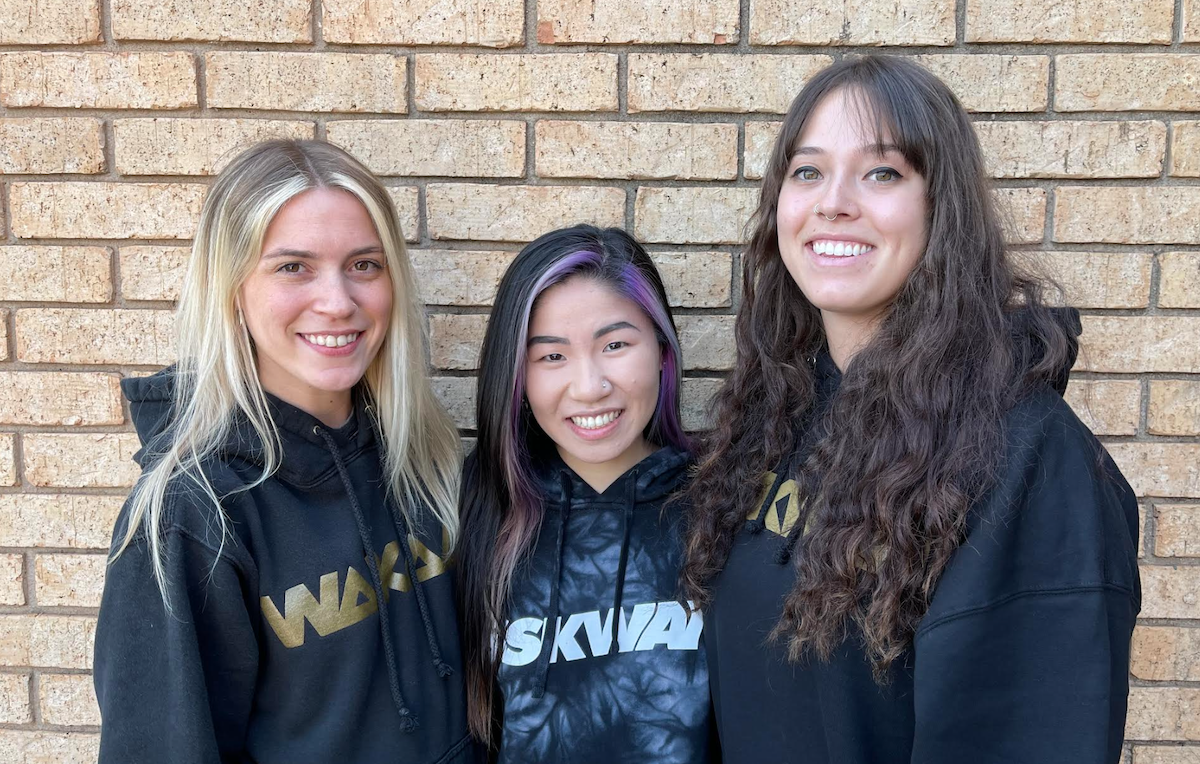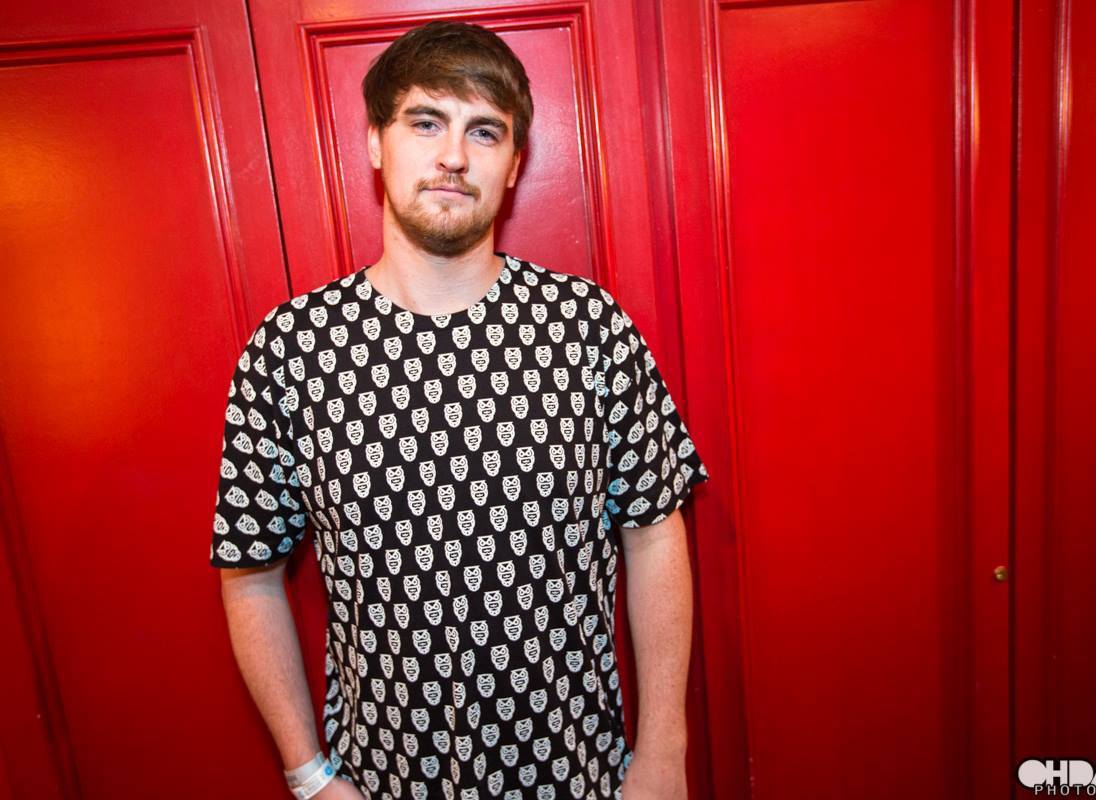Tynan Conroy: Agent. Started working at Madison House under Wes Samuel, now works on the teams that handle Carmada (L D R U & Yahtzel) Styles&Complete , TheFatRat, Phutureprimitive & Woolymammoth, as well as some great New Orleans bands.
Wes Samuel: Agent with Madison House since 2010. Works with artists in a variety of genres. Specific clients in the electronic world include Keys N Krates, Minnesota and Thriftworks.
Perry Gilman: Heads up the agencies Canadian office based in Toronto. Perry works tobook the entire roster across varies types of events and represents a number of dance acts for Canada exclusive including Grandtheft and Sleepy Tom and on the team for others in multiple territories (Keys N Krates, DJ Jazzy Jeff, Jillionaire , Crywolf , etc)
Guy Oldaker: Agent. Has been with Madison House since 2008. Responsible for a number of different acts across a whole verity of genres. Electronic clients include Illenium, Break Science, Liquid Stranger, Marvel Years, MartyParty, Amerigo Gazaway, Amp Live and Son of Kick.
Charles Meeks: Agent. Originally from New Orleans. Mainly works with electronic acts, with a few jam acts as well. Orleans.”
Jake Schneider: Partner and Director of Agency Development at Madison House. Schneider books some of the most successful and cutting-edge acts in music – including BASSNECTAR, Beats Antique, Lotus, Paper Diamond, Keys N Krates, Illenium, and dozens of others.
[foogallery id=”202023″]
What brought you to want to work in electronic music?
TYNAN: First heard Techno Music when I was a kid. My mom used to play Paul Oakenfold, Moby & Fat Boy Slim all the time. I really started following Electronic Music my freshman year in college when I was introduced to Deadmau5. Shortly after, my roommate & I started DJing off a generic 20-knob midi that we custom-mapped to Traktor. I think what kept pushing me to work in the music industry was the amount of fun I was having with my friends. Going to shows at The Fox and Red Rocks, and DJing house parties for friends and random people. I think sometimes people take the artistic intent of Dance Music a little too seriously and forget it started with people hanging, dancing and trying to have a good time.
WES: I grew up in South Florida, which has always had a rich scene for Electronic Music. I can remember going to Winter Music Conference as a teenager during the 90’s and being amazed at the scale of the global community that existed for something that seemed to just be catching it’s stride in the US at the time. The fact that there was this common culture that was spread amongst so many nationalities, races, languages, etc. always really intrigued me.
PERRY: It kind of all happened through personal experiences actually. I started DJing when I was 13 years old, playing private events in Montreal. When I was 18 and had just starting college, I was a DJing 4-5 different weekly residencies at various clubs around the city, all having a different style of music. Like a few being open format, another deep/tech house and another with that electro vibe…I think this really led me down the path of training the A&R side of me and becoming well versed across genres. I was a huge DJ AM fan growing up and really just by studying what he was playing, opened my eyes to so many lanes and styles of DJing. Around 20yrs old, I was DJing a Wednesday night at a club that Grandtheft use to own –which is where I first met him. I also played at a spot that was like, dance recital place by day and dark Electro Club by night – I opened for tons of Ed Banger guys… A year later I moved to Toronto, did another school degree and got a job at a booking agency. I loved booking tours and was super intrigued what goes on behind the scenes. About a year in, I was told to go check out a new band called Keys N Krates at a local 250 cap bar in Toronto (which they absolutely fucking slammed that night) and since then myroster over time has grown from there. I love seeing artists grow, and it’s super rewarding to be part of the journey.
Which styles of genres do you feel like you connect with the most? Which music inspires you?
GUY: I personally feel that I connect with Soul, Funk, Jazz and Motown Music the best. I grew up listening to tons of it with my parents and played in a few bands that played Jazz, Soul, and Funk Music, so it’s always been near and dear to my heart. I’m inspired by music that makes you feel. Whether it be love, hate or just general party sentiment, that’s what I’m looking for when I’m seeing acts for pleasure or for business. I’m constantly looking for that feeling of goose bumps or the tingling of the spine.
CHARLES: I’m more into the moods / vibes of songs than actual genres of music. I like dark and spacious stuff, with weird rhythms or drummers, unorthodox song structures, lots of dynamics (loud/soft), and a big build/release of tension. Generally if a song meets these requirements, I’ll like it. One of those can be dropped, but if two or more are, I probably won’t like it. Some genres have these requirements kind of built in, and then some don’t. A good example is the new A Tribe Called Quest record; it’s got a lot of the stuff I fetishize in music, even though these things aren’t necessarily found in hip-hop. so in the end, I love it.
What was the initial vision for Madison House? Did you ever imagine it would be such a driving force in the industry today?
JAKE: When my [now] business partners (and the rest of the OG team who’ve moved on, yet are still friends and frequent collaborators) birthed this baby agency, the idea was to organically grow a booking roster of artists that we were passionate about. I think Nadia Prescher, Jeremy Stein and Jesse Aratow always thought that if they brought the right people into the fold, that the sky would be the limit, and it has proven to be completely that. We don’t have some corporate structure where our employees come through the ranks beginning in the mail room, and then moving to a contract admin department, followed by stints working at the desks of random agents with rosters that you may or may not be familiar with, or territories (ugh) that you may or may not know a thing about, with an anonymous email address that you essentially work behind. There is a ton of merit to these types of systems, but at Madison House it’s a bit more of a ͞Manifest Destiny͟ vibe. As a new employee you go out there, make yourself indispensable, create relationships with the entirety of the roster and the staff, figure out if it’s a right fit and bring what you want to bring to the table. It allows for a bunch of different personalities and musical tastes to shine through, agents and assistants with polar opposite personalities (we’re a crazy crew) booking what they want to work with, as long as it’s hitting the bottom line. Operating like this is a major risk for an independent agency as you are essentially betting on your employees to have what it takes to go out there and make money while routing tours for stuff they love – AND IT WORKS. I remember in 2005 when I was routing three-month-long tours for hip-hop acts and jam bands, and shortly after smaller electronic acts, where the artists would want to play a full six to seven nights a week – total road warriors. No one goes out that long when they are developing and they’re not often knocking out more than five shows a week, but it created a foundation and a bit of blueprint. I don’t doubt that as the long nights and grinding will wear on us to the point, we had flashes of this being an uphill battle to branch out and diversify into genres that we weren’t known for, but as cheesy as it sounds, “where there is a will there is a way”, and we’ve willed this shit into existence, doing it OUR WAY!
Tell us about some of the artists you book. Does this reflect your personal tastes in music? How do you see these artists impacting the scene?
WES: I like working with artists who are doing innovative things to push the boundaries of the scene or genre that they are in. Keys N Krates is a great example because of the live element to their performances and music. What first drew me to them were their live remix projects they would do with tracks of all different genres (Michael Jackson, The Verve, Talib Kweli, Daft Punk, etc). They could improvise on these in a live setting each time, creating unique one of a kind performances putting their own spin and flavor to each of the tracks. As they evolved and moved towards more original music, they were able to keep this unpredictable spirit to their live
performances allowing their fans to have a ͞once in a lifetime͟ experience at each show. Their live element has really created a unique experience within the scene that you see more ͞EDM-centric͟ artists are now moving towards (Porter Robinson, Flume, etc.)PERRY: Wes nailed this answer … exactly what he said. I’m a huge fan of turntablists. JR Flo in Keys N Krates cuts are so insane, Skratch Bastid is the cleanest most creative turntablist I’ve ever seen and DJ Jazzy Jeff… there are no words, such a legend. So I think my personal taste is definitely a reflection of what I book. I think the best part is that these artists aren’t labeled too deep into the electronic lane. There is so many crossovers in genres and types of shows that we can book them on – that’s what I’m looking for. One of my new artist’s, Crywolf, is doing some amazing things – so much crossover between genres and you will see that on the dance and multi genre festivals he’s confirmed on next summer – he has a seriously dedicated fan base. His managers are really smart and creative guys that are doing something different, which is awesome!
Where do you see the Dance Music scene going in the next 5 years? What parts of the world do you see dance music evolving and developing into a huge industry?
TYNAN: I think Electronic Music is starting to fork into two main directions – either really positive/conscious, uplifting lyric-focused melodies OR super heavy Bass-driven sounds that sound more like Hardcore Metal than they do Techno. Music has the power to soothe people emotionally through emotive & deep-thought lyrics / hooks, but I also think there is something to be said about being in the crowd going nuts to Dubstep classics like Flux P’s ͞I Can’t Stop͟ which just encompasses you with grinding sawtooth-rich Dubstep.
CHARLES: I feel like Dance Music is in the same place Rap was when I was a kid…it’s a type of music that was formerly taboo but that’s recently been accepted by the culture at large. Electronic Music was underground and an outsider for a long time, and only now are we starting to hear songs made by kids that grew up with Dance Music as a form of Pop Music. I’m excited to see what these kids come up with. The golden age of Rap was the coming of age for artists that grew up in a similar cultural landscape as the one these kids are growing up with today, hoping it spurs a golden age for American Dance Music. What that is, I don’t know. I feel like a live component is going to be important though for this next batch of kids though. A little live aspect keeps the audiences on their toes and more engaged with a project over the long haul.
What kind of advice do you have for aspiring musicians or individuals looking to pursue a career as an agent or manager?
TYNAN: Go out and start booking. Don’t wait for someone to hand you a job or internship, you’re going to have to learn headfirst sometimes & it’s easier to make mistakes when the stakes are smaller. Ask questions, but realize people have spent years developing their contacts & relationships with certain clubs and events, so understand sometimes landing a big festival / support slot is not as easy as getting someone’s email address. Learn how to persuade people to buy your acts & sell them as hard as you can, constantly.
WES: I agree with Tynan, get involved anyway you can and work hard. There is no handbook on how to do it. The more well rounded you are in your skills and experiences within the business, the more you can offer potential clients. Some of the skills I learned from being a promoter or working with artist relations teams at festivals in the past are the ones that separate me from the rest of the field as an agent.
GUY: It’s important for all musicians and individuals who want to pursue a career as an agent or manager to be tenacious, driven, and motived. Thisindustry is all about the hustle, and the more driven and motivated you are to do the less than ͞sexy͟ aspect of the job (aka the administrative, the promotions, the travel etc.), the more successful you’ll be and the more fun you’ll have doing it. In the end, your passion and tenaciousness will drive you to be successful. Always keep your eyes and ears open to new stuff, and be willing to try things that may be outside your wheel house.
What styles of music do you see gaining traction in the US? How about abroad?
GUY: I see Soul Music coming back into style in the States and abroad. It’s always had a strong foothold around the world but over the past few yearsI’ve seen more and more of it spilling over into other scenes like EDM, Rock, and Pop.
JAKE: I agree with my man, Guy. Soul is popping off right now, with this retro crisp sound, and I’m seeing it working well worldwide. It’s all-cyclical though. Try to tell me that whatever genre is dead and I will wait till it comes back around to rub it in your nose! It might be fifteen years later, but I’ll be there proving you wrong. And, listen, I think it’s obvious that Electronic and Dance Music are here to stay, despite the fact that there is big re-calibration in this ͞EDM͟ world right now, however to name check some ͞sub-genres͟ of EDM would be foolish because this is a type of music with so many sub-genres, it’s getting ridiculous and everyone who listens to it is adamant on telling you that the genre that was just selling tickets or records is dead. Don’t label it – if you’re an artist you should do what you want to do, so that you’re not being filed under some random title of music that might not define you in a few years, or maybe next week! The genres ofEDM that get thrown my way are hilarious, and even if the music is amazing, you can’t help but chuckle when various keywords are being put together to describe music – take two to three of those words and you have a genre – ha! Dub, Trap, Step, Tech, Swing, World, Nu-Disco, House, Deep, Prog. It’s actually kind of fun. The one I couldn’t get over was when someone dead seriously referenced their music as ͞World Step͟ a dozen times in a convo, BUT at least they’re persistent! You can’t hate on that!


